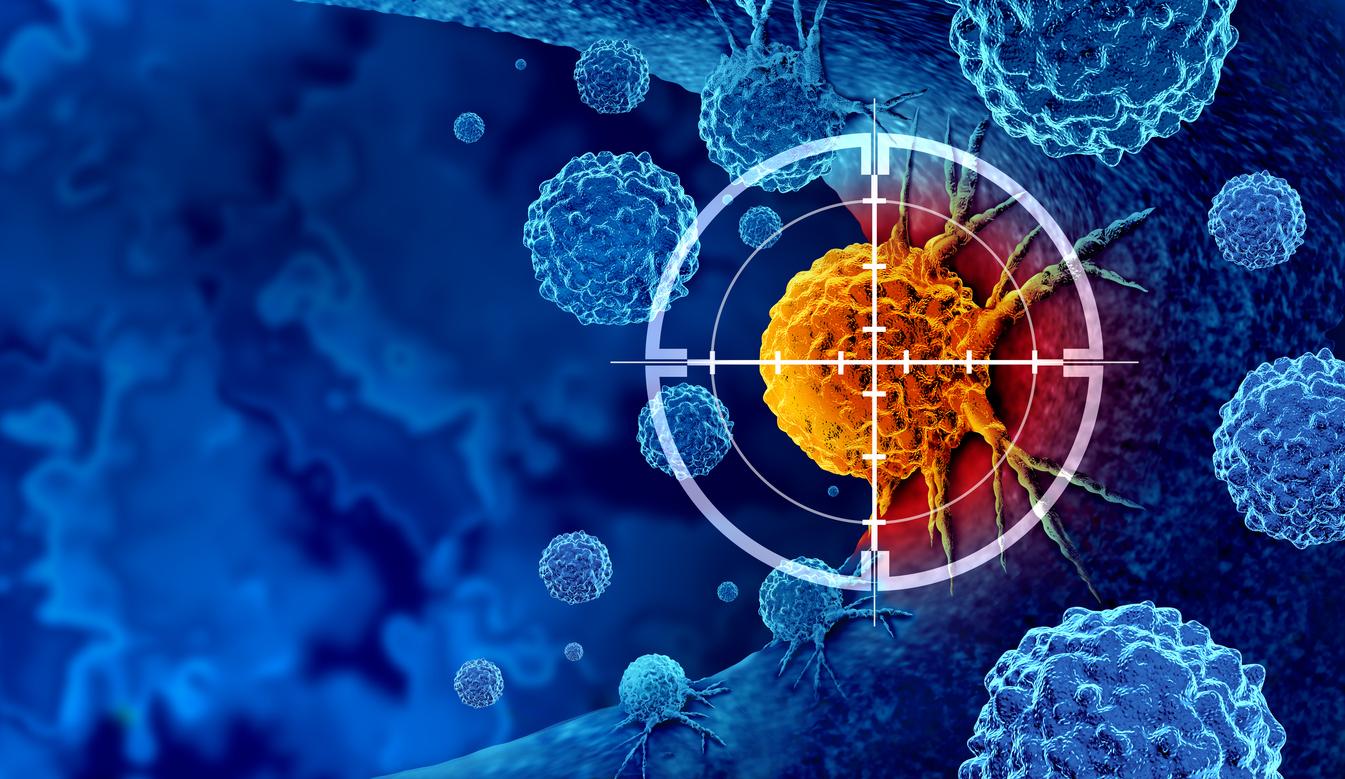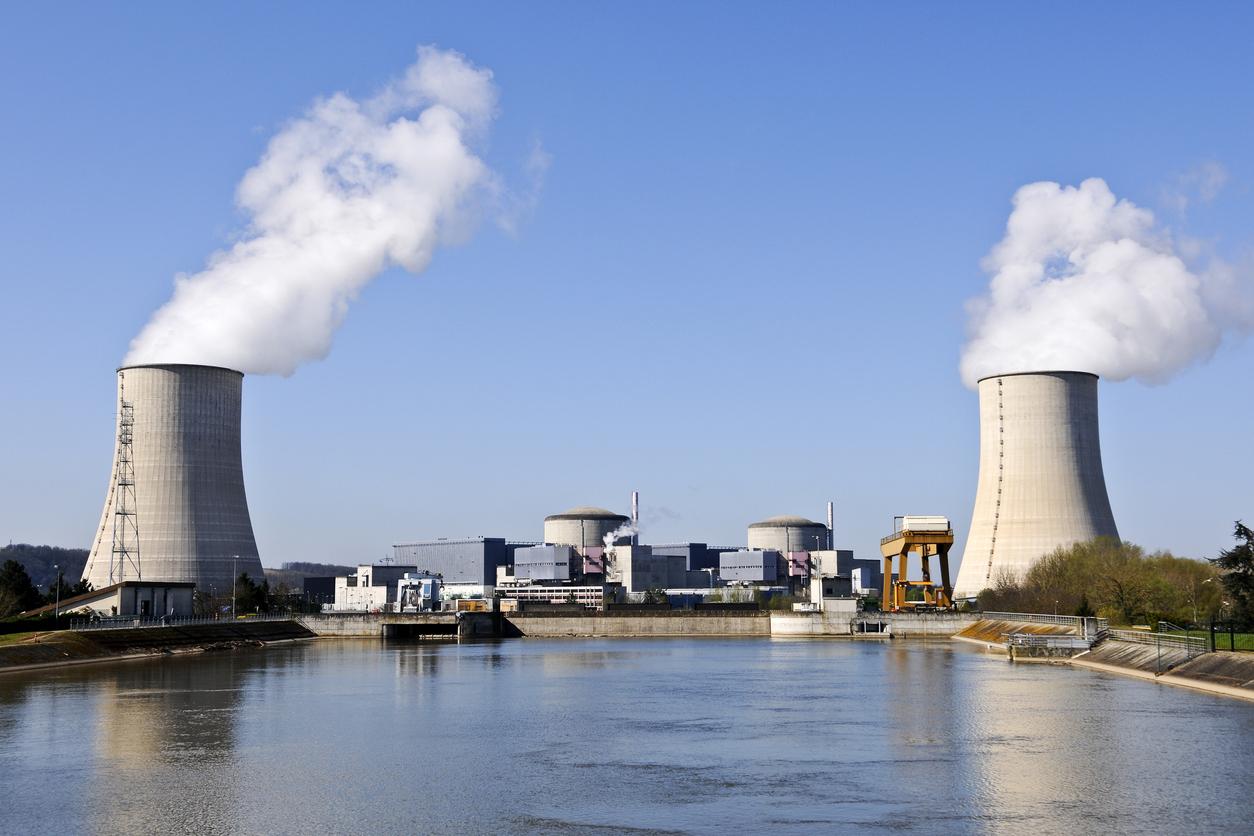Cancer cells are abnormal cells that should normally be eliminated by our immune system. Researchers have found why cancer manages to escape our immune system.

The human immune system is supposed to fight against viruses, bacteria, but also against abnormal cells. Macrophages, a class of white blood cells involved in innate immunity, kill both infections and abnormal cells. When a person has cancer, it is the uncontrolled development of abnormal cells. But why doesn’t our immune system eliminate them straight away? Scientists have found avenues of research to explain this phenomenon. Their study was published this week in Nature Immunology.
Cancer cells camouflage themselves
In 2009, Dr. Irving Weissman, director of the Stanford Institute for Stem Cells and Regenerative Medicine, showed that the most aggressive cancer cells have a high level of CD47, a protein on the surface of the membrane. This attaches to the SIRPalpha protein, which is on the surface of macrophages. As a result, macrophages, which are the body’s first line of defense, can no longer attack abnormal cancer cells.
Tests have been carried out on mice, an anti-CD47 treatment blocks this surface protein of the cancer cell and makes these cells again visible to the immune system and significantly increases the ability of macrophages to destroy cancer cells.
A host of proteins
Dr. Weissman’s team recently discovered other proteins that block the innate immune system against cancer cells.
the MHC type 1 protein level would also be a signal vis-à-vis the innate immune system. If it is high, cancer cells are more resistant to anti-CD47 treatments. Another protein found on macrophages, LILRB1, attaches to MHC type 1, which prevents the macrophage from destroying cancer cells.
Tests on mice have shown that by acting on the CD47 and LILRB1 proteins, tumor growth is significantly reduced. While some cancers react differently to our immune systems, these results could help advance research in immunotherapy.
.

















